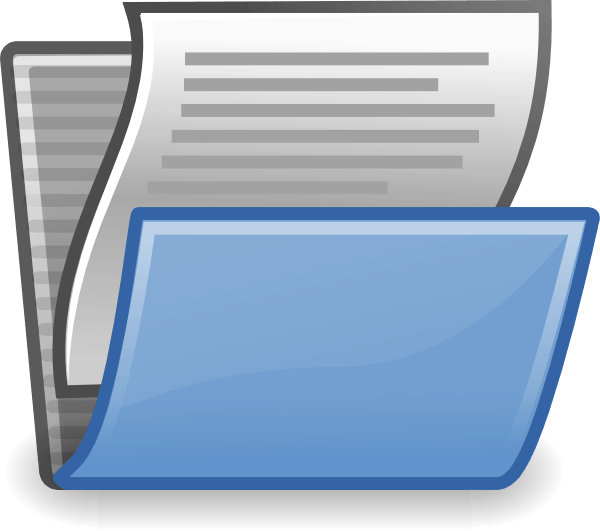Definition:
Autism is a developmental disability that manifests in difficulties with social skills and communication. Autism can be mild or severe with great variation among individuals. Autism is also known as autism spectrum disorder.
Description:
- Disorder of neural development characterized by impairment in communication, social development, and interaction with one’s environment
- Age of onset is usually before 3 years of age; many children follow a typical course of development then enter a period of regression
- It occurs in approximately fifteen out of every 10,000 births and is four times more common in boys than girls.
- It has been found throughout the world in families of all racial, ethnic and social backgrounds
Characteristics:
Children with autism may have problems with communication, social skills, and restricted and repetitive behavior. Not all behaviors will exist in every child. Possible signs and symptoms are outlined below.
Communication:
- Not speaking or very limited speech
- Loss of words the child was previously able to say
- Difficulty expressing basic wants and needs
- Poor vocabulary development
- Problems following directions or finding objects that are named
- Repeating what is said (echolalia)
- Problems answering questions
- Speech that sounds different (e.g., “robotic” speech or speech that is high-pitched)
Social skills:
- Poor eye contact with people or objects
- Poor play skills (pretend or social play)
- Being overly focused on a topic or objects that interest them
- Problems making friends
- Crying, becoming angry, giggling, or laughing for no known reason or at the wrong time
- Disliking being touched or held
Environmental interactions:
- Rocking, hand flapping or other movements (self-stimulating movements)
- Not paying attention to things the child sees or hears
- Problems dealing with changes in routine
- Using objects in unusual ways
- Unusual attachments to objects
- No fear of real dangers
- Being either very sensitive or not sensitive enough to touch, light, or sounds (e.g., disliking loud sounds or only responding when sounds are very loud; also called a sensory integration disorder)
- Feeding difficulties (accepting only select foods, refusing certain food textures)
- Sleep problems
Causes:
- It is generally accepted that it is caused by abnormalities in brain structure or function
- While not one gene has been identified as causing autism, researchers are searching for irregular segments of genetic code that children with autism may have inherited
- It appears that some children are born with a susceptibility to autism, but researchers have not yet identified a single “trigger” that causes autism to develop
Treatment:
- There is no known cure for autism
- In some cases, medications and dietary restrictions may help control symptoms
- Intervention should begin when the child is young; early intervention and preschool programs are very important
- Treatment may include any combination of traditional speech and language approaches, augmentative and alternative communication, and behavioral interventions
- It is also important to have the child’s hearing evaluated to rule out hearing loss
Resources:
Books for Parents:
- Notbohm, Ellen. Ten Things Every Child with Autism Wishes You Knew. Arlington, TX: Future Horizons, 2005.
- Notbohm, Ellen, and Veronica Zysk. 1001 Great Ideas for Teaching and Raising Children with Autism or Asperger’s. Arlington, TX: Future Horizons, 2010.
- Grandin, Temple. The Way I See It: a Personal Look at Autism & Asperger’s. Arlington, TX: Future Horizons, 2008.
- The Autistic Revolution Children In the Time of Awakening (DVD)
Books for Children:
- Baker, Jed. The Autism Social Skills Picture Book: Teaching Communication, Play and Emotion. Arlington, TX: Future Horizons, 2005.
- Smith, Miriam, Afton Fraser, and Margo Smithwick. Point to Happy. New York: Workman Pub., 2011.
- Drube, Lori J., and Lauren Moran. To Know Me Is to Love Me: a Celebration of the Autistic Gifts in All of Us. United States: CreateSpace, 2010.
Support Groups: (Austin area)
- Autism Society of America – Greater Austin Chapter (512) 472-6629
- Central Texas Autism Center, Inc. (512) 328-5599
- Teacher’s House (512) 248-2633
- Austin Aspberger’s Support Group
- Austin Autism Playdates
Websites:
References:
Do you have more great resources for families or community members? We would be happy to add any great resources to this webpage. Please email us with the link or content.
Are you in the Austin Texas Area and looking for Speech Therapy for Autism?
If you are looking for Speech Therapy in Austin Texas for Autism, we are here to help. Contact our clinicians by visiting our Speech Therapy Austin Clinic Page and give us a call or send us a message.
We look forward to serving you.

